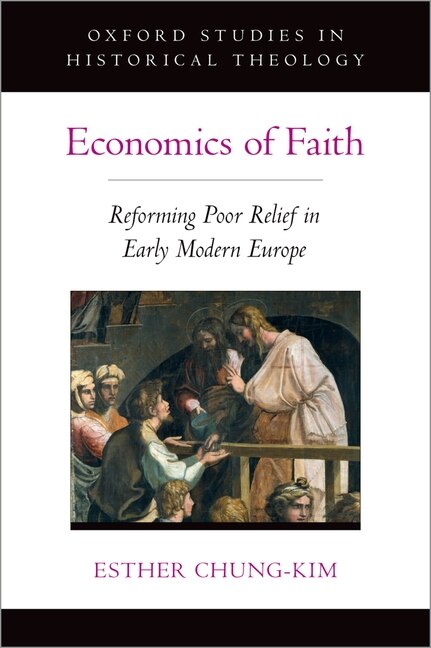Home
Economics Of Faith by Esther Chung-Kim, Hardcover | Indigo Chapters
Loading Inventory...
Coles
Economics Of Faith by Esther Chung-Kim, Hardcover | Indigo Chapters
From Esther Chung-Kim
Current price: $145.88


Coles
Economics Of Faith by Esther Chung-Kim, Hardcover | Indigo Chapters
From Esther Chung-Kim
Current price: $145.88
Loading Inventory...
Size: 1 x 9.25 x 523
*Product information may vary - to confirm product availability, pricing, shipping and return information please contact Coles
Economics of Faith examines the role of religious leaders in the development of poor relief institutions in early modern Europe. As preachers, policy makers, advocates, and community leaders, these reformers offered a new interpretation of salvation and good works that provided the religiousfoundation for poor relief reform. Although poverty was once associated with the religious image of piety, reformers no longer saw it as a spiritual virtue. Rather they considered social welfare reform to be an integral part of religious reform and worked to modify existing poor relief institutionsor to set up new ones. Population growth, economic crises, and migration in early modern Europe caused poverty and begging to be an ever-increasing concern, and religious leaders encouraged the development and expansion of poor relief institutions. This new cadre of reformers served as catalysts, organizers, stabilizers, and consolidators of strategies to alleviate poverty, the most glaring social problem of early modern society. Although different roles emerged from varying relationships and negotiations with local political authorities and city councils, reform-minded ministers and lay leaders shaped a variety ofinstitutions to address the problem of poverty and to promote social and communal responsibility. As religious options multiplied within Christianity, one's understanding of community determined the boundaries, albeit contested and sometimes fluid, of responsible poor relief. This goal of communalcare would be especially relevant for religious refugees who as foreigners and strangers became responsible for caring for their own group. | Economics Of Faith by Esther Chung-Kim, Hardcover | Indigo Chapters








